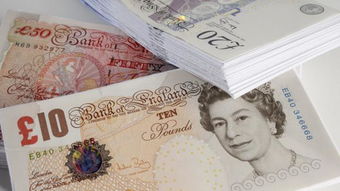Understanding Good Money

Have you ever come across the term “good money” and wondered what it really means? It’s a phrase that might seem straightforward at first glance, but it carries a deeper significance. In this article, we’ll delve into the various dimensions of “good money,” exploring its origins, usage, and implications.
What is Good Money?

At its core, “good money” refers to money that is considered valuable or of high quality. It’s not just about the amount, but also about the source and the purpose. Let’s break it down further:
| Aspect | Description |
|---|---|
| Amount | Good money can be a significant amount, but it’s not always about the size. It’s the perceived value that matters. |
| Source | Money earned through hard work, investments, or inheritance is often considered good money. |
| Purpose | Money used for meaningful purposes, such as education, healthcare, or charitable causes, is often regarded as good money. |
Origins of Good Money

The concept of good money has its roots in the English language. It originated from the phrase “pay good money,” which was used to emphasize the value of the money being paid. Over time, the phrase evolved to encompass a broader meaning, referring to money that is considered valuable or of high quality.
Usage of Good Money
Good money is used in various contexts, both in everyday life and in professional settings. Here are a few examples:
-
In everyday life, you might hear someone say, “I spent good money on that dress, and I expect it to last a long time.” Here, “good money” signifies that the dress was expensive and worth the investment.
-
In business, “good money” can refer to profits or revenue that is considered substantial and sustainable.
-
In finance, “good money” can be associated with investments that yield positive returns and are considered reliable.
Good Money vs. Bad Money
While “good money” refers to valuable or high-quality money, “bad money” is the opposite. Bad money can be money that is counterfeit, stolen, or used for illegal activities. It’s important to differentiate between the two to ensure financial security and integrity.
Good Money and Ethics
The concept of good money also extends to ethical considerations. It’s not just about the money itself, but also about how it is obtained and used. Money earned through honest means and used for positive purposes is often regarded as good money, while money obtained through unethical or illegal means is considered bad money.
Conclusion
Understanding the concept of good money can help us make more informed financial decisions and appreciate the value of money. Whether it’s in everyday life or in professional settings, recognizing the difference between good money and bad money can lead to a more ethical and sustainable approach to finances.




